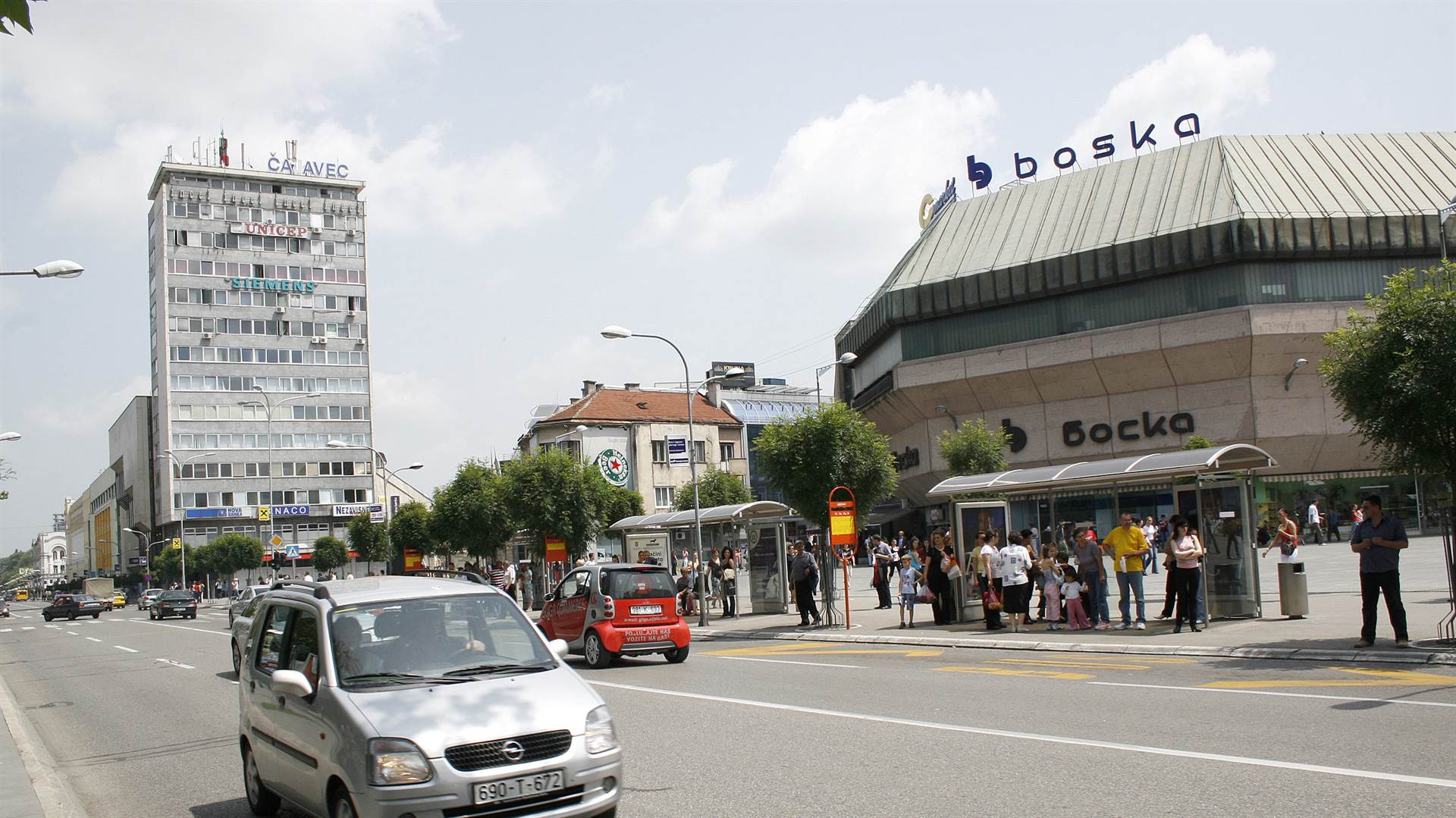This post is also available in: Bosnian
Two Bosnian Serb brothers convicted of abusing Bosniak prisoners near Sarajevo in 1992 asked the appeals court for lower sentences because of the “absence of fatal consequences”.
Lawyers for Goran and Zoran Damjanovic, both convicted of war crimes against civilians in Sarajevo area but whose verdicts were quashed because the wrong criminal code was used at their original trial, argued on Thursday that the sentences handed down to the men were too harsh and should be cut.
The Damjanovic brothers, both soldiers with the Bosnian Serb Army during wartime, were originally jailed in 2007 for 11 and ten and a half years respectively after being found guilty of beating 20 to 30 imprisoned Bosniaks in the village of Bojnik near Sarajevo on June 2, 1992.
But the verdicts were overturned by Bosnia’s constitutional court because the stricter Bosnian criminal code from 2003 was wrongly used at their trial instead of Yugoslavia’s more lenient criminal code from 1976.
The sentences for both men were then reduced by four and a half years, to six and a half and six years respectively.
But Goran Damjanovic’s defence lawyer Senad Kreho said that “the absence of fatal consequences… was underestimated” when the jail terms were decided.
Both men have already spent more than six years in prison, and Kreho argued that the reduced sentences were calculated to match that timescale to avoid potential lawsuits and new costs. He proposed that the brothers should be given the minimum sentences according to the old Yugoslav law instead.
Zoran Damjanovic meanwhile insisted that he was innocent.
“I feel sorry for the victims, but I cannot apologise because I did not do anything,” he told the court.
However the prosecution requested longer sentences.
“We believe that the mitigating circumstances were overrated, while the aggravating factors were not given enough space,” prosecutor Vesna Ilic argued.
The court will decide on the appeals later.

